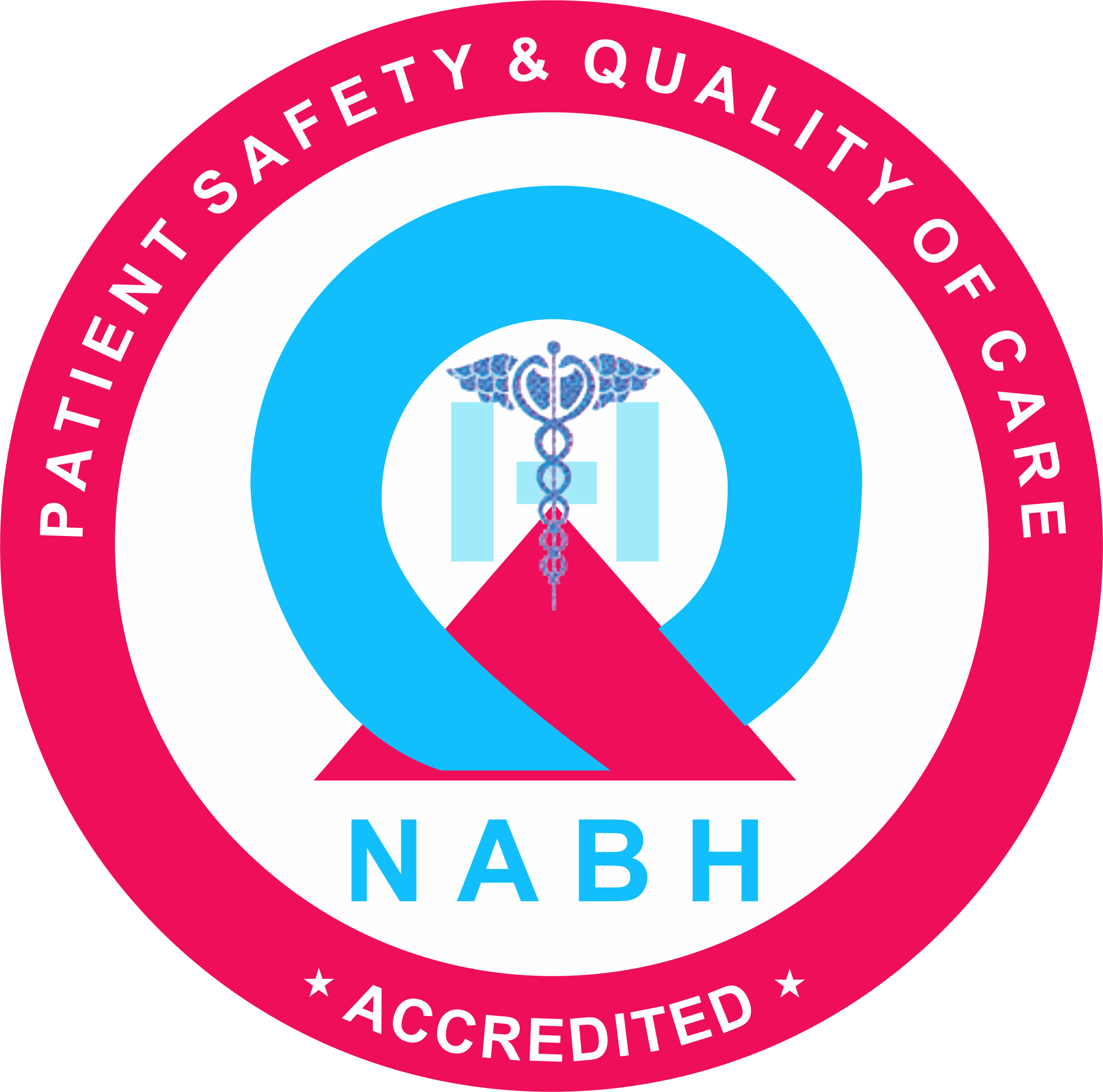

![[GetPaidStock.com]-656481a011036 - Guru Cancer Hospital](https://cancer-treatment-madurai.com/wp-content/uploads/2023/11/GetPaidStock.com-656481a011036.jpg)
Renal Cell Carcinoma (RCC): This is the most common type of kidney cancer, accounting for about 90% of cases. It has several subtypes, including clear cell, papillary, and chromophobe renal cell carcinoma, each with distinct characteristics.
Transitional Cell Carcinoma (TCC): This type of kidney cancer begins in the renal pelvis, where the ureter connects to the kidney. Transitional cell carcinoma is less common than renal cell carcinoma.
Renal Sarcoma: Sarcomas are rare and aggressive tumors that develop in the kidney’s connective tissue.
Wilms Tumor: Wilms tumor is a type of kidney cancer that primarily affects children. It is a form of kidney cancer that usually occurs in children aged 3 to 4 years.
Immunotherapy: Boosting the immune system to recognize and attack kidney cancer cells.
Targeted Therapies: Utilizing medications that target specific molecules involved in the growth and survival of kidney cancer cells.
Radiation Therapy: Using high-energy rays to target and eliminate cancer cells, although less common for kidney cancer.
Chemotherapy: Administering drugs to kill cancer cells or slow their growth, with limited effectiveness for kidney cancer.

4 /120-F, PandikovilRing Road,
Airport – Mattuthavani Ring Rd,
Madurai
Tamilnadu – 625107.